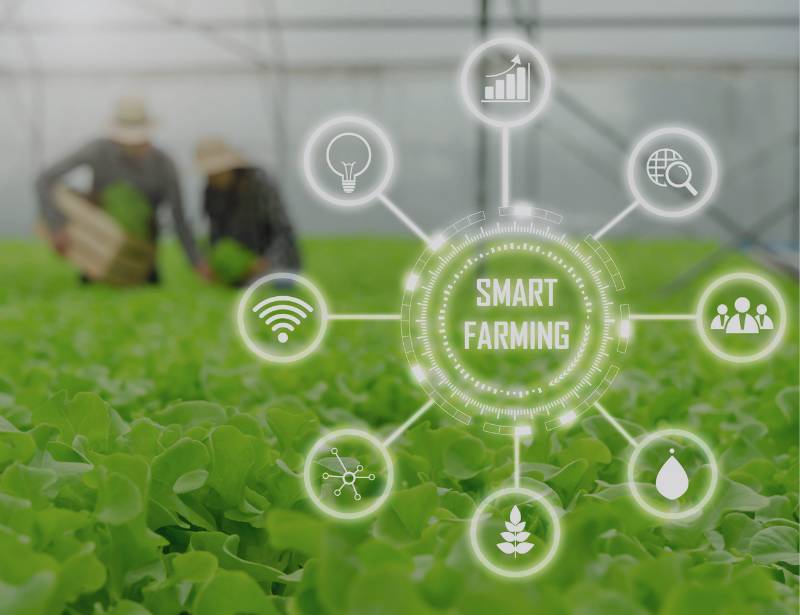Introduction
Welcome to a world where traditional soil farming is being revolutionized by a modern and innovative technique - hydroponics. Hydroponics, a method of growing plants without soil, has gained immense popularity in recent years. In this article, we will explore the 10 advantages of hydroponics and how this technique is changing the way we think about agriculture and gardening.
What is Hydroponics?
Hydroponics is a revolutionary method of growing plants that does away with the need for traditional soil. Instead, it relies on a nutrient-rich water solution to nourish plants and provide them with the essential elements they need to thrive. The word "hydroponics" is derived from two Greek words: "hydro," meaning water, and "ponos," meaning labor – essentially, it's "water-working." This method allows plants to grow in a controlled environment where every aspect of their nutrition and care can be finely tuned for optimal growth.
To know more about hydroponics, read this article.
10 Advantages of Hydroponics
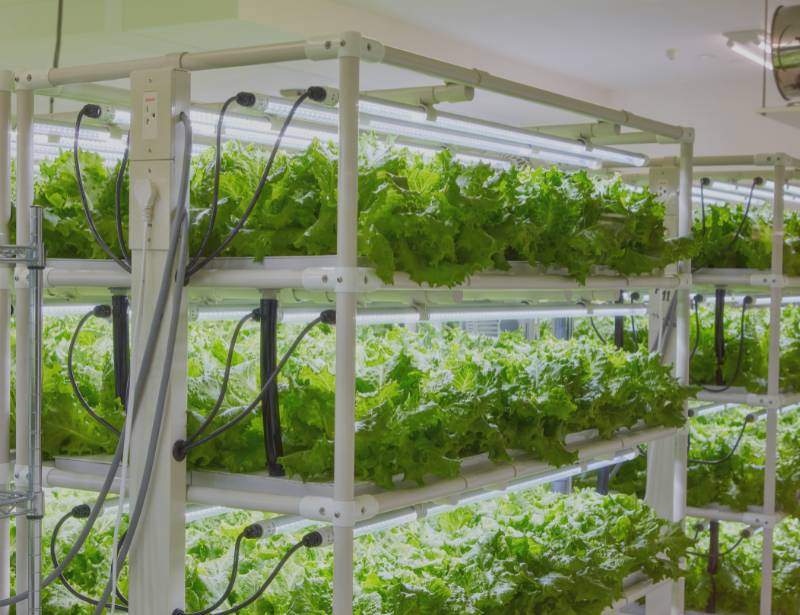
1. Resource Efficiency
One of the most significant advantages of hydroponics is its resource efficiency. Traditional soil farming requires copious amounts of water, but hydroponic systems use up to 90% less water. This is especially crucial in regions facing water scarcity, as it allows for sustainable cultivation while conserving our precious water resources.
2. Space Optimization
Hydroponics also excels in terms of space utilization. With soilless farming, you can grow more plants in a smaller area compared to traditional methods. Vertical hydroponic systems, for instance, enable urban farmers to maximize limited space, making it possible to grow fresh produce in the heart of the city.
3. Faster Growth
Plants grown hydroponically tend to grow faster than their soil-grown counterparts. Why? Because in hydroponic systems, plants have direct access to the essential nutrients they need. This accelerated growth can lead to quicker harvests and increased crop yields.
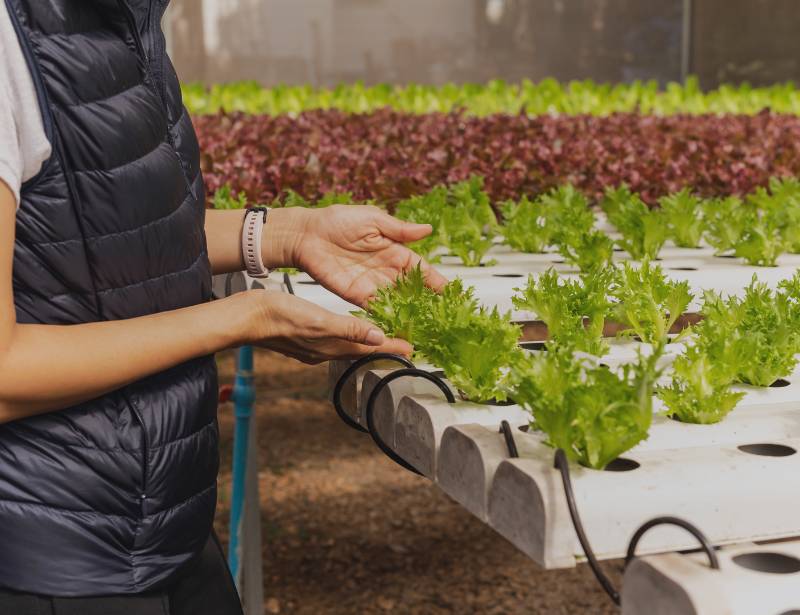
4. Precise Nutrient Control
Hydroponics offers precise control over the nutrients plants receive. By carefully monitoring nutrient levels in the water, growers can tailor the perfect nutrient balance for their crops. This means healthier plants and higher-quality produce.
5. Pest and Weed Management
Gone are the days of battling weeds and pests in your garden. Hydroponic systems are less susceptible to these common issues because they don't use soil, which can harbor pests and weeds. As a result, hydroponic growers often use fewer pesticides and herbicides.
6. Seasonal Independence
Hydroponics allows for year-round cultivation, regardless of the external weather conditions. This means you can enjoy fresh, homegrown produce even in the dead of winter. Imagine picking ripe tomatoes in the middle of January!
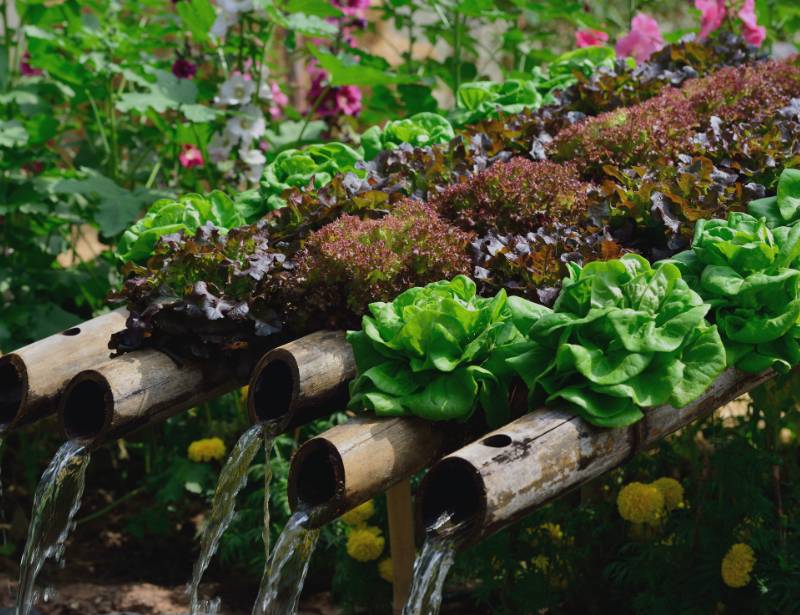
7. Eco-Friendly Farming
For those concerned about the environment, hydroponics is a greener alternative. The reduced water usage, lower pesticide requirements, and minimized land use all contribute to a more eco-friendly form of agriculture.
8. Better Nutritional Value
Studies have shown that hydroponically grown fruits and vegetables often have higher nutritional values. This is because growers can fine-tune nutrient levels, resulting in produce that is packed with vitamins and minerals.
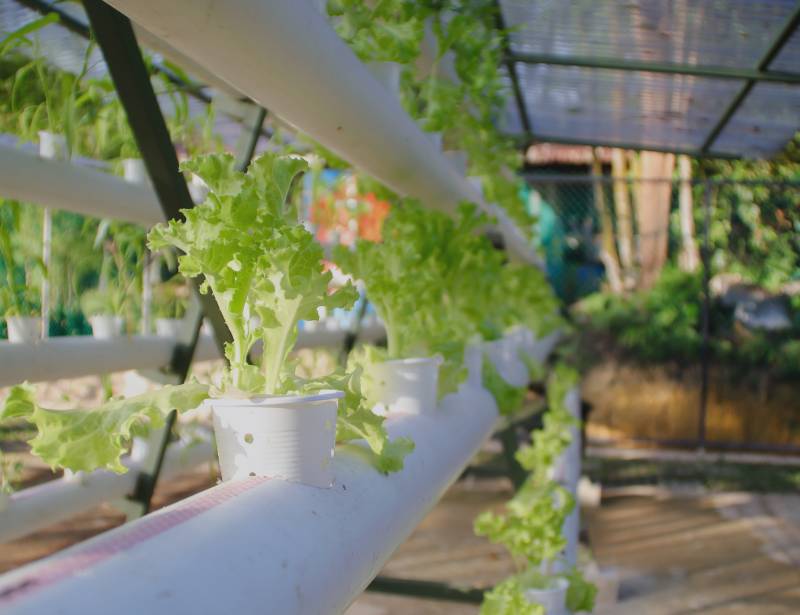
9. Control Over pH Levels
Hydroponics enables growers to maintain precise pH levels in the nutrient solution. This is crucial because different plants thrive in different pH ranges. With hydroponics, you can ensure that your plants are always in their optimal pH environment.
10. Sustainable Agriculture
As we face global challenges like climate change and food security, hydroponics offers a path towards sustainable agriculture. Its resource-efficient nature and ability to produce high yields in small spaces make it an essential tool in the quest for a more sustainable food system.
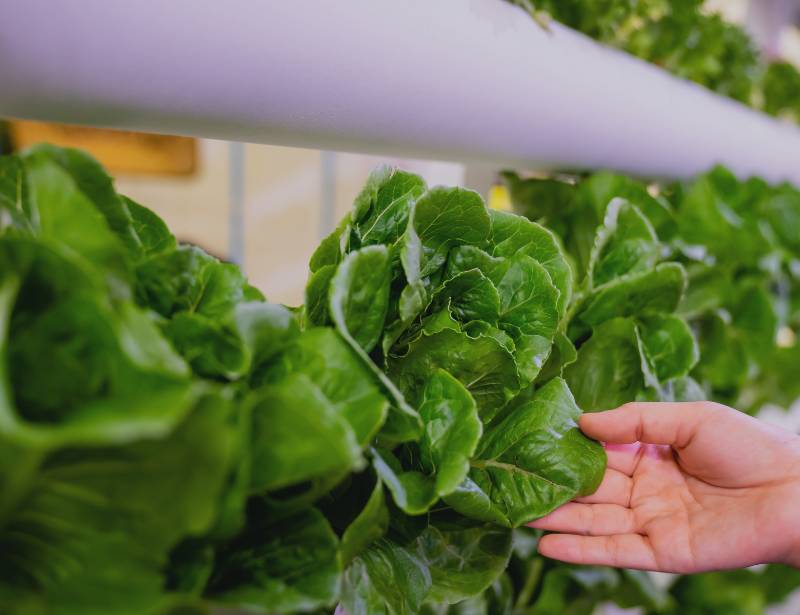
Conclusion
In conclusion, hydroponics is not just a buzzword; it's a game-changer in the world of agriculture and gardening. With its resource efficiency, faster growth rates, and precise nutrient control, it's no wonder that hydroponics is gaining popularity. Whether you're a seasoned gardener or someone looking to grow their own fresh produce, consider exploring the world of hydroponics and unlock its numerous advantages. And if you're interested to know more about hydroponics, you should also check out what are the benefits of starting your own.
FAQs
What is hydroponics?
Hydroponics is a method of growing plants without soil, where plants receive their nutrients from a water-based solution.
Related Article: What is Hydroponics?
Is hydroponics suitable for beginners?
Yes, hydroponics can be suitable for beginners. There are various hydroponic systems available, some of which are easy to set up and maintain, making it accessible to novice growers.
Can hydroponic plants taste as good as soil-grown ones?
Yes, hydroponically grown plants can taste just as good, if not better, than soil-grown plants. The precise control over nutrient levels can lead to enhanced flavor and nutritional content.
Is hydroponic farming expensive?
The initial setup costs for hydroponic systems can be higher than traditional soil farming. However, over time, the savings in water and the potential for higher yields can offset these initial expenses.
Can hydroponics be used for large-scale agriculture?
Yes, hydroponics can be used for large-scale agriculture. Many commercial farms around the world have adopted hydroponic techniques to increase production efficiency and reduce resource consumption.

